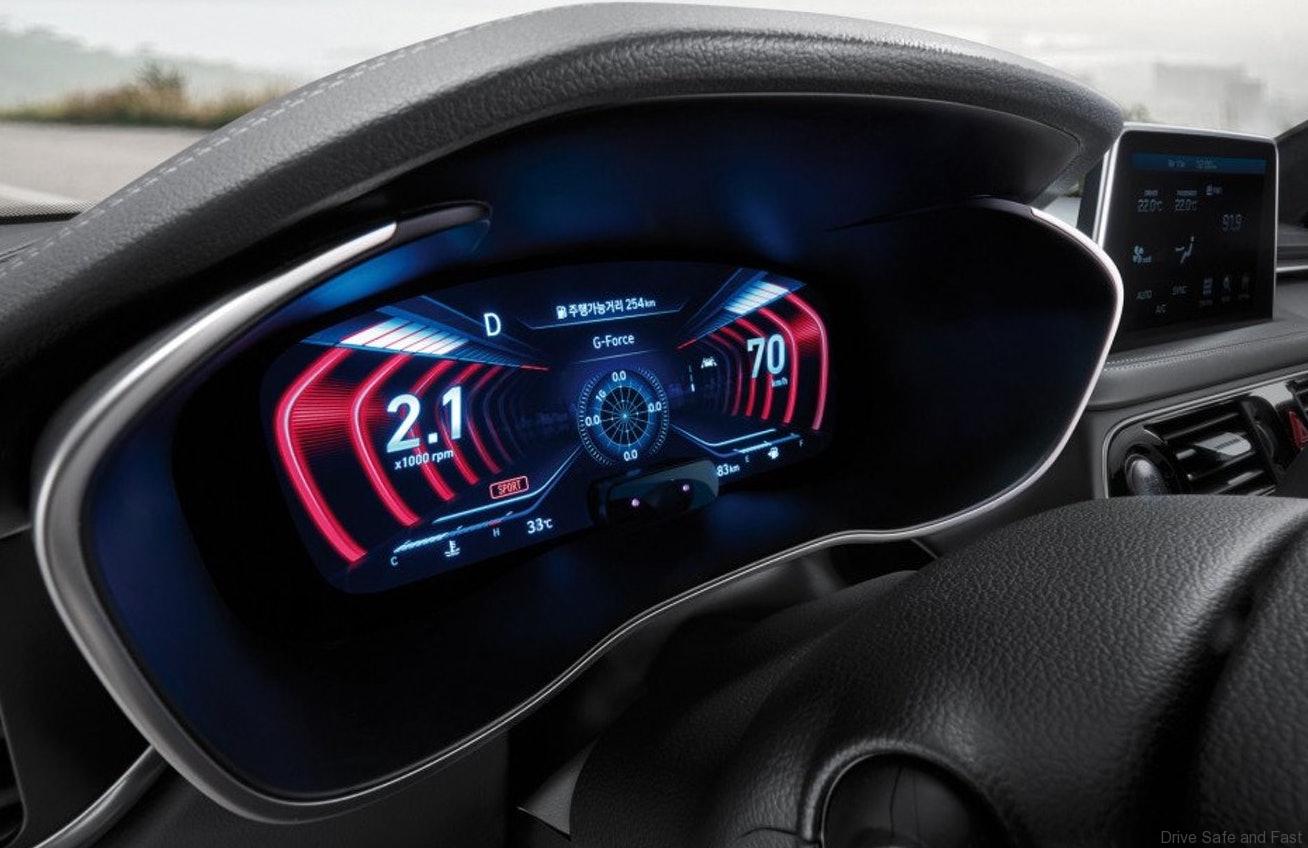The race by manufacturers to cram new vehicles with the latest technologies is turning into a headache for new car owners, with audio/communication/entertainment/navigation (ACEN) systems comprising half of the 10 most problematic issues that owners cite in their new vehicle, according to the latest JD Power Survey.
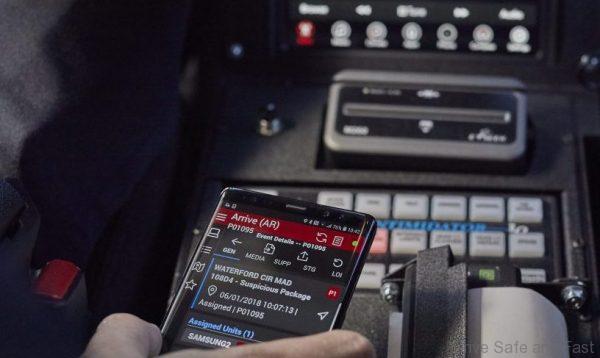
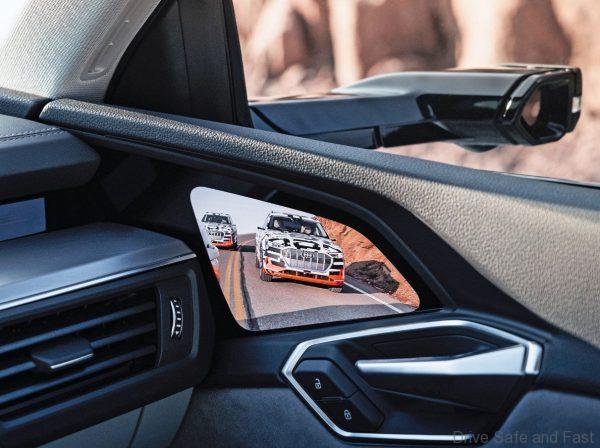
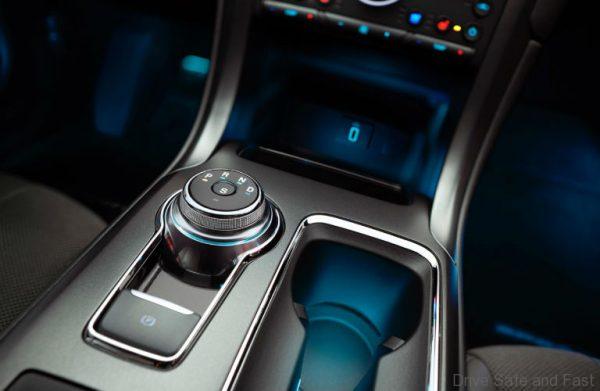
The study, now in its fifth year, measures the number of problems experienced per 100 vehicles (PP100), with a lower score indicating better performance. The study measures 177 problem symptoms in eight categories: vehicle exterior; driving experience; features/controls/displays (FCD); audio/communication/entertainment/navigation (ACEN); seats; heating, ventilation and air conditioning (HVAC); vehicle interior; and engine and transmission.
The ACEN category averages 16.6 PP100 overall, a slight improvement from 2018, but issues with built-in Bluetooth, built-in voice recognition, navigation systems and poor radio reception mean ACEN remains one of the most problematic categories.
Following are some key findings of the 2019 study:
1. Problems decreasing: All problem categories, except seats, improve in PP100 compared with 2018. Even though ACEN problems have decreased from 2018, this category is still mostly driven by issues with navigation systems. Owners of premium vehicles cite more problems than owners of volume vehicles, mostly because a higher percentage of premium vehicles have built-in navigation systems than volume vehicles.
2. Engine failure: Engine problems have the greatest negative effect on quality and reliability scores across the industry, as well as among premium brands. In particular, owners of premium vehicles are 12 percentage points less likely to repurchase the same brand when an engine problem occurs.
3. Owners loyal to green vehicles: Problems with electric and hybrid vehicles are higher in total—and in the areas of ACEN, seats and engine—than with vehicles with internal combustion engines. However, electric and hybrid owners are more likely to repurchase or lease the same brand in the future.
4. Design issues affect APEAL: Of the 10 problems that most influence the APEAL (Automotive Performance, Execution and Layout) Index, eight of them relate to design, including excessive road noise; excessive wind noise; and materials scuff/soil easily.
5. As technology becomes more sophisticated—and is considered a point of brand selection differentiation—brands are creating more potential problem areas. For instance, the average score for newer safety technology features (e.g., blind spot monitoring, collision avoidance and lane departure warning systems) is 2.4 PP100 (1.8 PP100 for volume brands and 4.0 PP100 for premium brands), which is notably higher than 1.5 PP100 for other optional FCD systems (e.g. alarm system, keyless entry, cruise control).
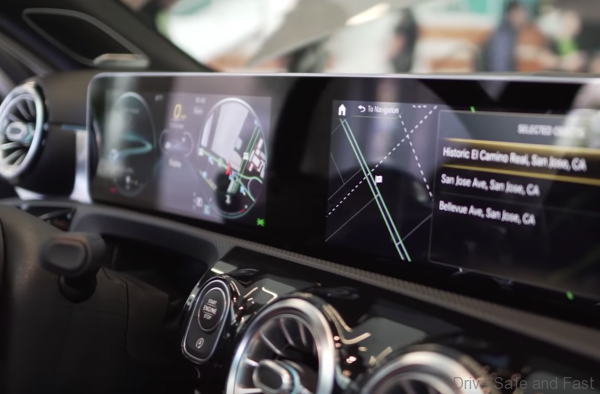
“When we look at the PP100 scores of relatively new safety technologies, it’s clear that manufacturers still have work to do to perfect those systems—particularly premium brands that use them as a major selling point,” said Josh Halliburton, Head of European Operations at J.D. Power.
“It’s also going to be vital for vehicle makers to win customer trust in this technology if they are to convince potential buyers that fully automated vehicles in the future will be reliable. For example, such buyers are quite likely to question the safety of self-driving cars if brands still struggle with the accuracy of their navigation systems.”
The study also shows that repurchase intention has increased, as 49% of respondents this year say they “definitely will” repurchase the same brand, compared with 43% in 2015. Repurchase intent in 2019 is 54% among owners who did not experience problems, the same percentage as last year.

However, costly repairs significantly affect repurchase intent. Among all owners who rate the cost of ownership as very unsatisfactory due to costly repairs (5 or below on a 10-point scale), just 16% say they “definitely will” repurchase the same brand.

